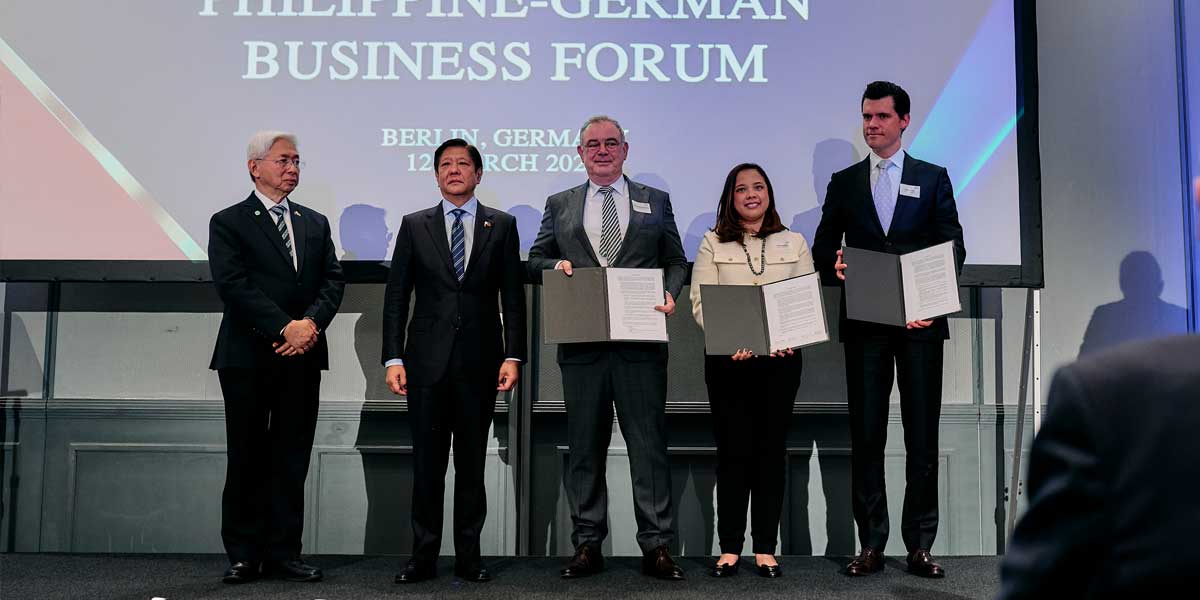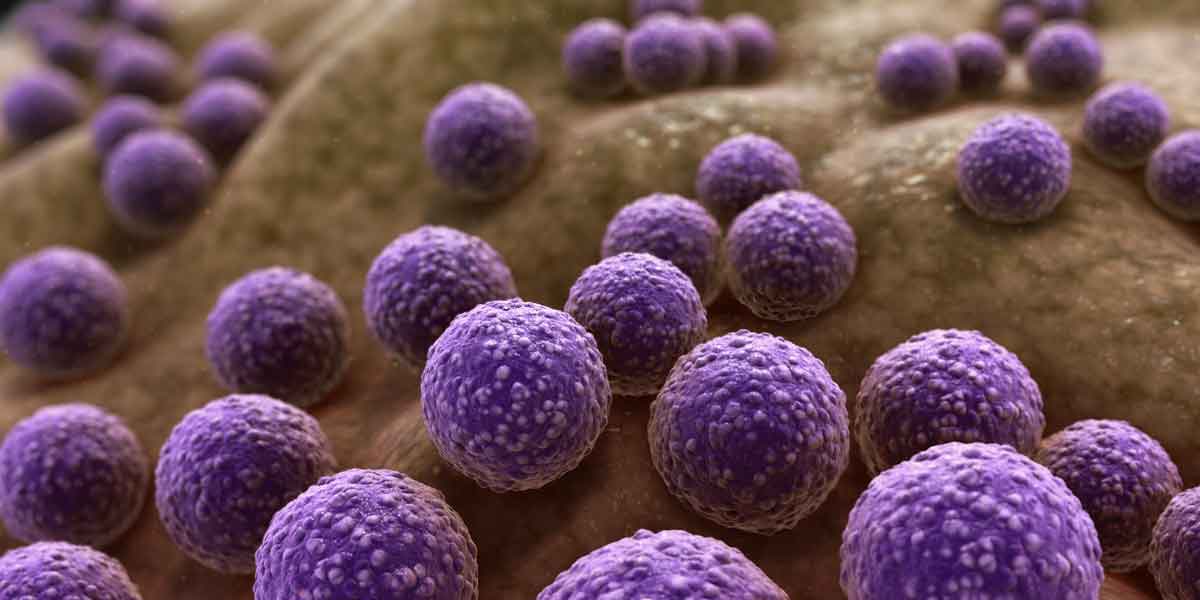
Bod Groups advocating for pro-environment and child protection policies appealed to the youth to become smoke-free champions as the country celebrates earth month.
In the youth-led webinar entitled Up in the Smoke, Social Watch Philippines (SWP), Youth Advocates for Climate Action Philippines (YACAP), and the students from the University of Philippines – Diliman urged the youth to acknowledge smoking as an environmental crisis as we embrace the call to save mother earth.
“It is a common notion that smoking is just a health issue. However, Social Watch Philippines recognized the entirety of its impacts on health, environment, economic, social, and political spheres. Discussing its environmental blows is a timely yet rarely explored topic. I hope we can consistently include the issue in discoursing climate change and other ecological concerns,” said Dr. Ma. Victoria R. Raquiza, Co-convenor of SWP.
YACAP spokesperson Eiren Beunvaje discussed the negative environmental consequences of smoking, such as land degradation, deforestation, production of toxic wastes, incorrect disposal of cigarette butts, and carbon emissions.
“Kapag may isang tao na naninigarilyo ng isang pack per day for 50 years, magkakaroon ka ng 5.1 trillion carbon dioxide emissions. Para ma-offset o ma-balance ang na-release na carbon dioxide, kailangan magtanim o mag-alaga ng 132 tree seedlings sa loob ng sampung taon,” added spokesperson Beunvaje.
She highlighted the destructive impact of the tobacco supply chain naming cultivation, curing, and manufacturing the most detrimental to natural resources.
“Sa curing stage, the direct burning of wood and coal accounts for more carbon emissions than all stages combined. In one year, this process produces 45 million tons of carbon dioxide emissions globally. Hindi pa kasama rito ang carbon dioxide na nare-release dahil sa deforestation,” she said.
Beunvaje also encourages the youth to ponder on the adverse effects of the production and post-consumer waste issues of non-tobacco elements of cigarettes, including filters and packaging.
SWP Project Deputy Coordinator Christian Payumo noted the critical role of youth in the holistic handling of advocacy matters from conceptualization, planning, execution, and assessment. This also covers mobilization, research, legislative lobbying, and media exposure.
“Very powerful ang role ng youth. Kung ang ibang sectors ay natatanggihan o iniiwasan ng policy makers, ang mga kabataan ay hindi nila matanggihan kasi napakalakas ng political power natin, lalong-lalo na sa social media,” said Payumo.
“As young agents for change, the voices of our youth should be the primary mover of our common development agenda. I hope our leaders listen to these young advocates as they are the most important stakeholder in developing a smoke-free community,” Raquiza added.





























